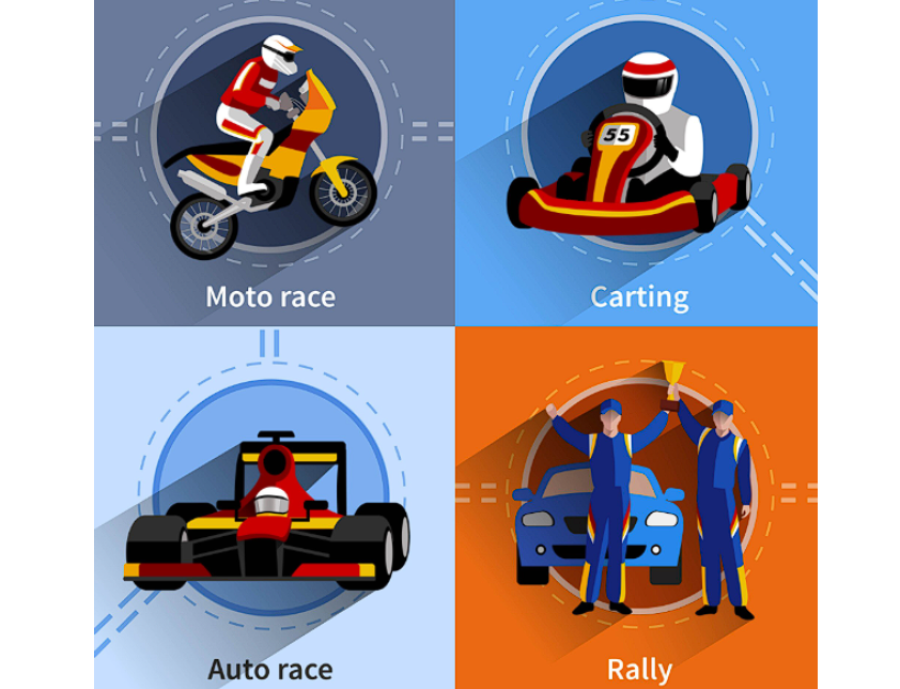Online gambling is a story of remarkable innovation and change. What was once a novel idea to play games online has turned into a worldwide industry that generates billions of dollars.
The internet gambling market has improved over the years, driven by technological advances and regulatory frameworks. Fans of gambling now have a plethora of options, including casino games, sports betting, poker, and niche games. These examples of online gambling milestones are only a few of the many that culminated in online gambling becoming one of the most popular and successful online entertainment industries in the world.
The First Wave of Online Casinos
The first significant rise in online casinos could be traced back to the mid-1990s, when the Internet was still relatively slow and not many people knew about it. Despite such limitations, several countries went on to become the unforeseen trailblazers in the development of the digital gambling landscape.
After the launch of its 1994 Free Trade & Processing Act, which enabled operators to obtain licenses and set up online casino platforms, Antigua and Barbuda became the first major hub for online gambling. At the same time, the UK offered digital gaming companies the opportunity to test new technologies and safer models in a regulated environment.
Next, Canada arrived, and the provinces were willing to take the initiative on digital gambling, thereby making the industry more mainstream in North America. Afterward, Australia, the most influential early adopter, developed a plan to drive online casino games into real traction in the country by embracing casino games and simultaneously meeting the increasing consumer demand and rapid tech adoption through its progressive economy. Even now, gamers look forward to playing pokies, online roulette australia, and still want to play on up-to-date, trusted platforms like the early digital tables.
At that time, the platforms were fundamental, with very little graphics, simple gameplay, and almost no features. Anyway, the draw was huge. Players from every corner of the globe were suddenly able to access casino games without the need for them to go to a physical venue.
While people tried out their local options, different regional habits and keywords naturally appeared. The country-specific play habits trend still exists, with each nation evolving its way of playing, its favored platforms, and search patterns that are closely connected to local regulations and culture.
The Provider Software and Innovation
The period from the late 1990s to the early 2000s marked the emergence of software providers specializing in games. Their main focus was on creating better graphics, improving user-friendliness, and adding more complex game mechanics. As a result, full casino platforms with card games, virtual wheels, and an ever increasing number of slot themes became standard.
Moreover, the same period was marked by significant advances in encryption and online security. Players became more comfortable depositing funds and withdrawing winnings as the platforms became safer. This, in turn, led to quicker growth, which was instrumental in the transition of online gambling from a niche activity to a widely accepted form of entertainment.
Competition among software companies kept the wheel of innovation turning. Developers added features such as multi card poker tables, themed slot titles, and loyalty rewards programs for loyal users. Many of these enhancements have become the standard that platforms still use today.
Market Changed by Mobile Technology
https://unsplash.com/photos/someone-is-playing-a-mobile-slot-machine-game-eMifpRdFOQU
The introduction of modern smartphones was the most critical point of change, after which everything was different. Mobile devices gave users the freedom to play anywhere, at any time, without a computer. The convenience of this level has changed users' habits and made online gambling even more popular.
Platforms have redesigned their sites and apps for small screens. They have optimized navigation, reduced loading times, and created special versions of the games that run smoothly on mobile devices. Thus, it became easier for newcomers to join, and existing players were encouraged to remain active for more extended periods.
Besides this, mobile games have also started a more social style of play. Some platforms have introduced chat features, shared challenges, and real time tournaments, thus making the experience more dynamic and interactive.
Live Dealer Games and the New Era
One of the most important advances in recent years is the rise of live dealer games. Instead of playing against a computer generated system, users can now interact with real dealers in real time through live streaming. These games give players a more authentic feeling, similar to being inside a physical casino, but with the comfort of staying at home.
Live dealer titles multiplied because they combine technology with human interaction. Players enjoy seeing the dealer, watching the cards being drawn, or the wheel being spun. It adds trust, excitement, and a stronger connection to the game.
Looking Ahead
The past of online gambling is an indication of how far the industry has come. The sector has undergone extensive changes, from basic virtual card tables to sophisticated mobile platforms and real time live dealer rooms. There will probably be many more features in the future as a result of new technology such as improved graphics, larger game libraries, and more individualized experiences.
Initially it was only a minor online experiment, but now it has turned into a global entertainment powerhouse. The online gambling saga is still at its early stages due to constant innovation and increasing interest.









